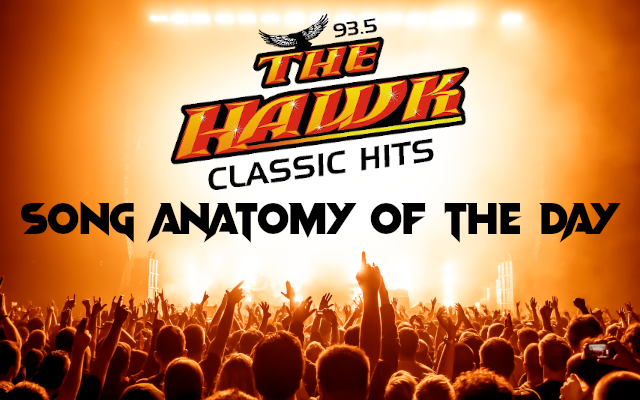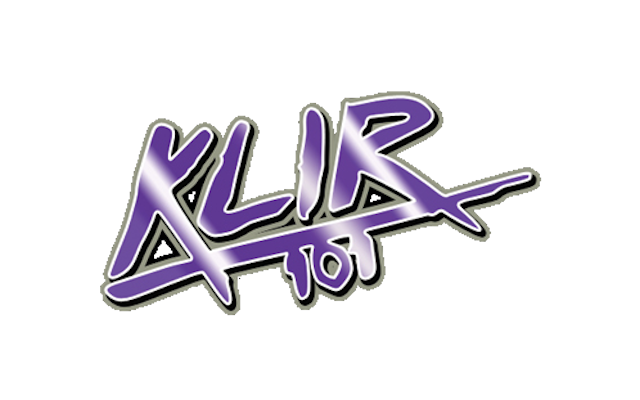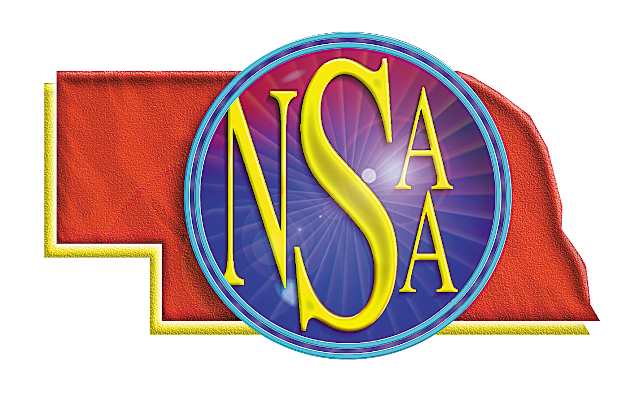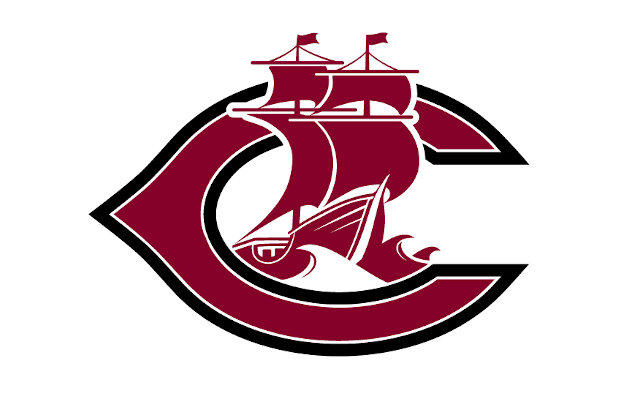Elton John – ‘Candle In The Wind’

Song anatomy of the day
- Writers: Elton John (music) and Bernie Taupin (lyrics)
- Producer: Gus Dudgeon
- Recorded: May 1973, Strawberry Studios, France
- Released: October 1973 (album); live single released September 1987
- Players:
Elton John — vocals, piano
Davey Johnstone — guitar, backing vocals
Dee Murray — bass, backing vocals
Nigel Olsson — drums, backing vocals - Album: Goodbye Yellow Brick Road (MCA, 1973)
- Also On:
Greatest Hits (MCA, 1974)
Here & There (MCA, 1976)
Love Songs (Rocket, 1982)
Live In Australia With The Melbourne Symphony Orchestra (MCA, 1987)
To Be Continued… (MCA, 1990)
Love Songs (Rocket 1995)
Love Songs (Mercury, 1996)
One Night Only (Uptown/Universal, 2000) - Born Reginald Kenneth Dwight, Elton John took his new name from Elton Dean and Long John Baldry, members of his ’60s band Bluesology.
- Lyricist Bernie Taupin has said “Candle In The Wind” is really about the way the media treats stars, and that with a few changes the song could be about James Dean instead of Marilyn Monroe.
- The video for the single features footage of Monroe as well as John performing the song.
- Released as a live single in the U.S. in September 1987, it peaked at Number Six on the pop chart.
- John dueted with Olivia Newton-John on this song on her 1980 TV special.
- The song provided a title — and a soundtrack — for a TV movie bio of Monroe.
- A 1994 book of the same title mixed the song’s lyrics with photos of Monroe.
- John remade the song in 1997 for Princess Diana‘s funeral, with different lyrics by Bernie Taupin, beginning “Goodbye England’s rose….” It went on to be one of the biggest selling singles in history, and raised money for the Princess Diana Of Wales Foundation.
- Elton John has repeatedly refused requests to perform the 1997 version of “Candle in the Wind,” even at the Concert for Diana in 2007, saying he would only perform it again at the request of one of Diana’s two sons, Prince William or Prince Harry. He still performs the 1973 version in concert, however.
- The 1997 single has never been re-released on a compilation or other album.
FAST FORWARD:
- Bassist Dee Murray died of a stroke on January 14th, 1992.
- Dudgeon and his wife were killed in a car accident July 21st, 2002.
- Guitarist Davey Johnstone has remained a constant presence in John’s band, while drummer Nigel Olsson rejoined John for his 2001-2002 concert dates.
- Despite periodic highly publicized “retirements,” John has continued to record and perform.
- He was inducted into the Rock and Roll Hall of Fame in 1994.
- Since coming out as gay, John has become increasingly active in promoting AIDS research and tolerance for AIDS sufferers, including an annual post-Oscar party to raise money for his own foundation.
- He’s branched out into film and theater work, including soundtracks and scores for successes including The Lion King, The Road To El Dorado, and Aida, as well as Lestat, which closed after dismal reviews. In fact, John and lyricist Tim Rice won an Oscar in 1995 for Best Original Song for The Lion King‘s “Can You Feel The Love Tonight.”
- John received the Grammy Legend Award at the 2000 ceremony and courted controversy at the 2001 ceremony by performing with rapper Eminem.
- John has taken the British government to task for its record in AIDS prevention and awareness. He told the Sky News service that he’s “disgusted with the way the health service in England is operating. We (in Britain) had a great record on AIDS when we started, but that record is now not as good as it was under the (conservative Margaret) Thatcher government. You should be ashamed of yourselves — you’re socialists, or supposed to be. For God’s sake, we live in the 21st century — the trains don’t work, the health service doesn’t work, people are dying from AIDS, what are you doing? Get your act together, it’s a disgrace.”
- In 2004, John launched a long-running show called The Red Piano in Las Vegas.
John played the Live 8 show in London on July 2nd, 2005, then flew to Philadelphia to headline the Philadelphia Freedom Concert And Ball two days later to raise money for the Elton John AIDS Foundation and Philadelphia-area HIV/AIDS provider organizations.



